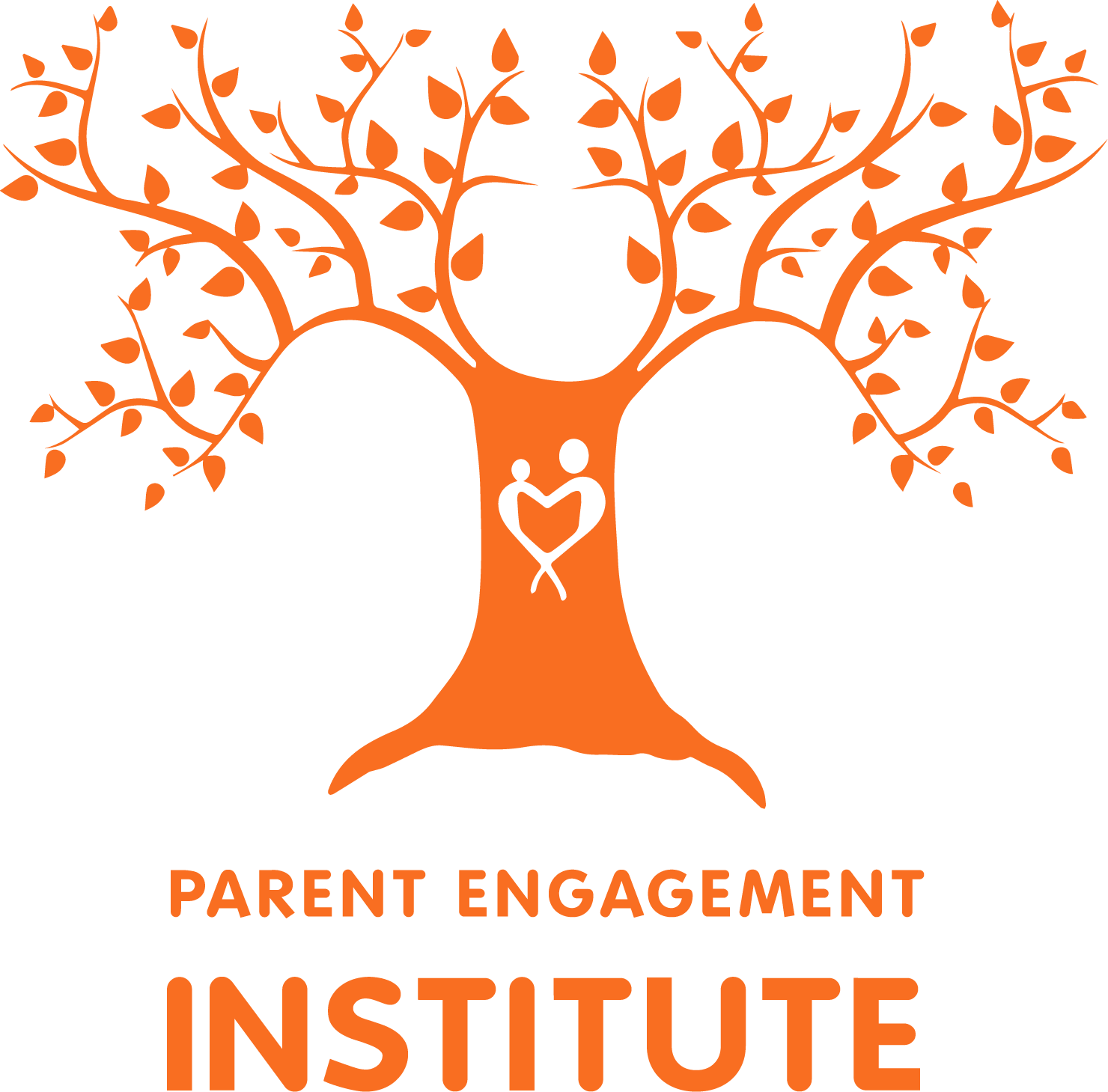Summary of Findings of 2018- 2019 Evaluation Parent Mentor Program
Parent Engagement Institute of Southwest Organizing Project and the Logan Square Neighborhood Association
Maria Vidal de Haymes, PhD, Primary Investigator
LLewelyn Cornelius, PhD, Co-Investigator
Celeste Sanchez, MSW, Doctoral Research Associate
INTRODUCTION
This report provides a summary of the findings from the evaluation of the Parent Mentor Program (PMP) of the Parent Engagement Institute (PEI - a partnership between the Southwest Organizing Project (SWOP) and the Logan Square Neighborhood Association (LSNA). This program was supported by a grant for the Illinois State Board of Education (ISBE). The Parent Mentor Program is designed to reach low-income parents with the goal of promoting stronger parent-school-community relationships through a context- specific and process oriented Ecological Model for Parent Engagement. The program supports low-income parents achieve the goals of: 1) developing skills and strategies that will support their students in improving academic outcomes, engagement and persistence; and 2) promote transformative forms of mutual engagement, integration, and investment between families, schools, and communities. LSNA developed the program model beginning in 1995 and SWOP replicated LSNA’s model in 2005. The two PEI organizations partnered with 23 community-based organizations to form to implement Parent Mentor Program during the 2018-2019 academic year. These community-based organizations partnered with schools in the city of Chicago, suburbs, and the state to provide teachers and students with classroom parental assistance for two hours, Monday through Thursday. After reaching 100 volunteer hours, parent mentors receive a $500 stipend for every additional 100 hours in the classroom, with a two stipend maximum per school year. The training, mentoring and oversight for the organizations’ programs was provided through the Parent Engagement Institute that is operated by the Southwest Organizing Project and Logan Square Neighborhood Association. 4
Statistically Significant Teacher Outcomes
The following are a series of comparisons of the change in the nature of the teacher programmatic activity over the course of the 2019 program cycle. Data from each teacher were collected at the beginning and end of the program cycle. Means are reported in the table and the Student t statistic was computed to determine whether there was a statistically significant (at the p=.05 level or better) over the course of the program.
Changes in Classroom Support Over the Course of the 2018/19 Program Year
All Respondents- N=663
[CHART HERE]
Changes in Teacher Interactions with Parents and Community Knowledge Over the Course of the 2018/19 Program Year
All Respondents- N=663
[CHART HERE]
Statistically Significant Parent Outcomes
The following are a series of comparisons in the change in the nature of the PM programmatic activity over the course of the 2019 program cycle. Data from each parent mentor were collected at the beginning and the end of the program cycle. Means are reported in the table and the Student t statistic was computed to determine whether there was a statistically significant (at the p=.05 level or better) over the course of the program.
Changes in Parent Mentor Communications Over the Course of the Program Year
All Respondents- N=683
[CHART HERE]
Changes in Frequency of Parent Mentor Encounters Teachers and Other Parents Over the Course of the Program Year
All Respondents- N=683
[CHART HERE]
Changes in Parent Mentor Activities Over the Course of the 2018/2019 Program Year
All Respondents- N=683
[CHART HERE]
